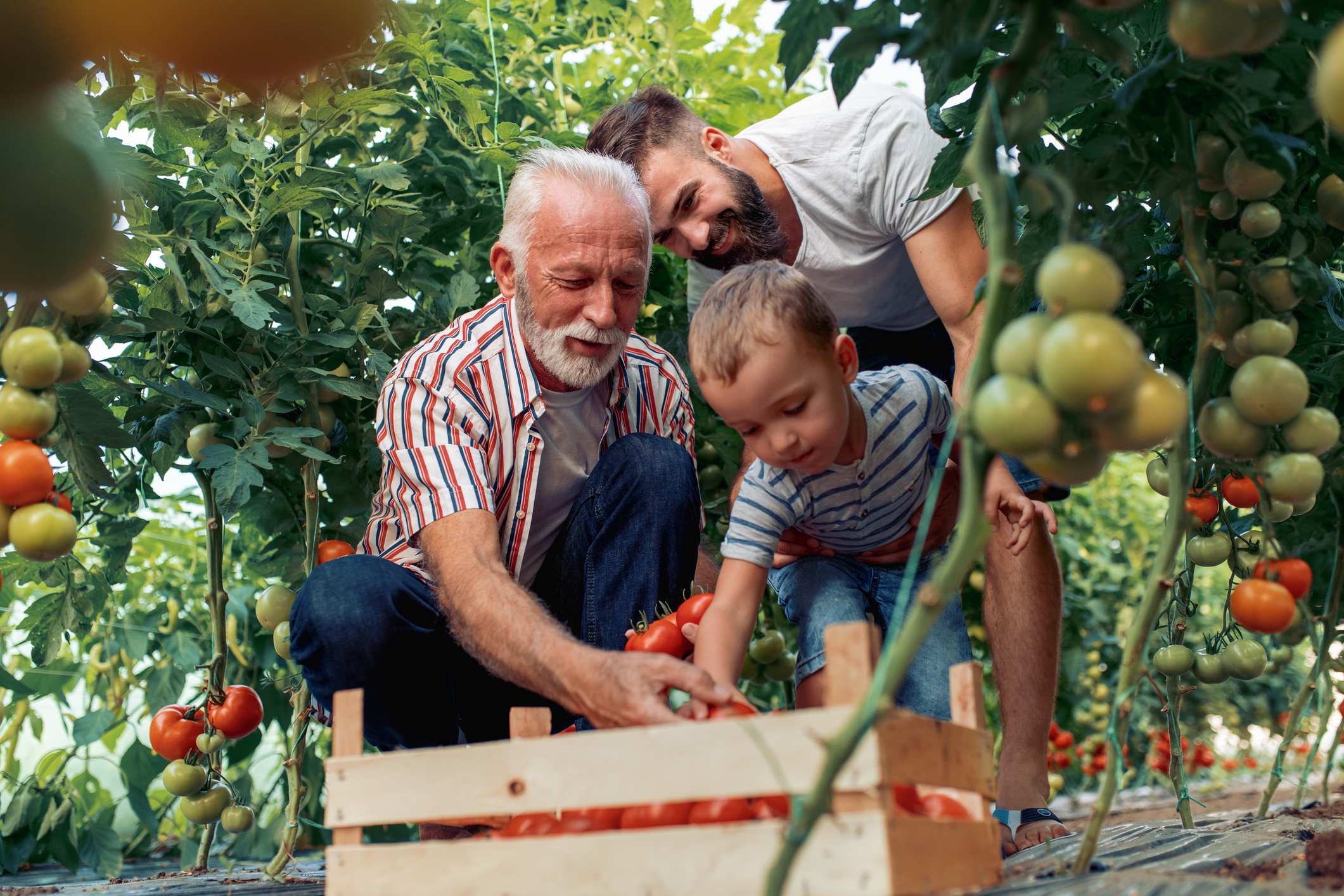Get Easy Health Digest™ in your inbox and don’t miss a thing when you subscribe today. Plus, get the free bonus report, Mother Nature’s Tips, Tricks and Remedies for Cholesterol, Blood Pressure & Blood Sugar as my way of saying welcome to the community!
Genetic cancer risk? Your metabolic risk may weigh heavier

My mother was diagnosed with breast cancer when she was 65 — the same age I am now.
Needless to say, I’ve been fastidious about doing breast self-exams since then. I know that her diagnosis raises my chances of ending up with the same form of cancer.
But I’ve been reading about how cancer is not as purely genetic as we’ve assumed it to be.
A recent article presents a very different picture of cancer, which leads to a very different approach to the disease — one that can put the power of avoiding cancer in people with a genetic predisposition into their own hands.
Cancer risk is more than your family history
Dr. David Wishart of the Department of Biological Sciences at the University of Alberta says that cancer needs to be viewed from three perspectives.
It is a genetic disease (a disorder of the genome), an environmental disease (a disorder of the exposome, or the environment you’re exposed to) and a metabolic disease (a disorder of the metabolome).
Data shows that very few cancers can be attributed to genetics alone.
According to Dr. Wishart, these heritable cancers account for only five to ten percent of all cancers.
The other 90 to 95 percent can be traced back to factors in the environment, which in turn trigger genetic mutations.
“That’s an important thing to consider,” says Dr. Wishart, “because it says that cancer isn’t inevitable.”
Cancer as a metabolic disorder
Although genetic mutations do produce cancer, they are not enough in and of themselves, in over 90 percent of cases.
As cancer develops and spreads in the body, Dr. Wishart explains, it creates its own environment and introduces its own metabolites.
In other words, cancer becomes a self-fueled disease. It produces the chemicals it needs to stay alive.
“And that’s where cancer as a metabolic disorder becomes really important,” says Dr. Wishart.
“It really doesn’t make a difference where the cancer is — it’s something you’ve got to get rid of. It’s how it thrives or grows that matters,” he says. “It becomes a question of, ‘What’s the fuel that powers this engine?'”
What this means for prevention
“From the prevention side, changing our metabolism through lifestyle adjustments will make a huge difference in the incidence of cancer.”
When considering cancer from the metabolic perspective, there are just four major metabolic types, so looking for treatments is not as daunting.
Science has already made the connection between quite a few environmental factors and higher cancer risk. If you have a genetic predisposition to the disease, it’s even more important to avoid these triggers.
Take breast cancer as an example once again. Research has found that air pollution affects BRCA1 and BRCA2, two genes that suppress breast cancer. Essentially, pollution makes these two genes stop working.
Then, there are all the artificial flavorings and sweeteners that are known carcinogens. If you know what they are and where they’re found, it’s simple enough to avoid eating those products.
The closer your diet is to a whole-food, plant-based diet, the less it is contributing to your cancer risk.
On the other end of the scale, we have ultra-processed foods (think hot dogs, chicken nuggets, sweetened breakfast cereals, and artificially flavored cheese crackers), which have been shown to elevate that risk by more than ten percent.
I’ll leave you with some thoughts from my colleague, Dr. Isaac Eliaz, who concurs with Dr. Wishart.
“Research shows that it is the minority of cancers that are caused by factors beyond our control, such as the presence of a cancer-associated gene … when we do the math, it appears that a full two-thirds of cancers may be prevented by changing the way we live.”
Editor’s note: Discover how to live a cancer prevention lifestyle — using foods, vitamins, minerals and herbs — as well as little-known therapies allowed in other countries but denied to you by American mainstream medicine. Click here to discover Surviving Cancer! A Comprehensive Guide to Understanding the Causes, Treatments and Big Business Behind Medicine’s Most Frightening Diagnosis!
Sources:
Evidence suggests cancer is not as purely genetic as once thought — Science Daily
Metabolomics and the Multi-Omics View of Cancer — metabolites












